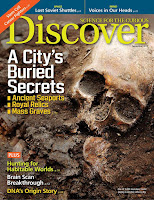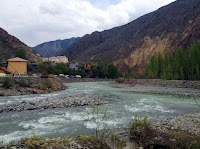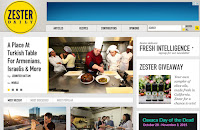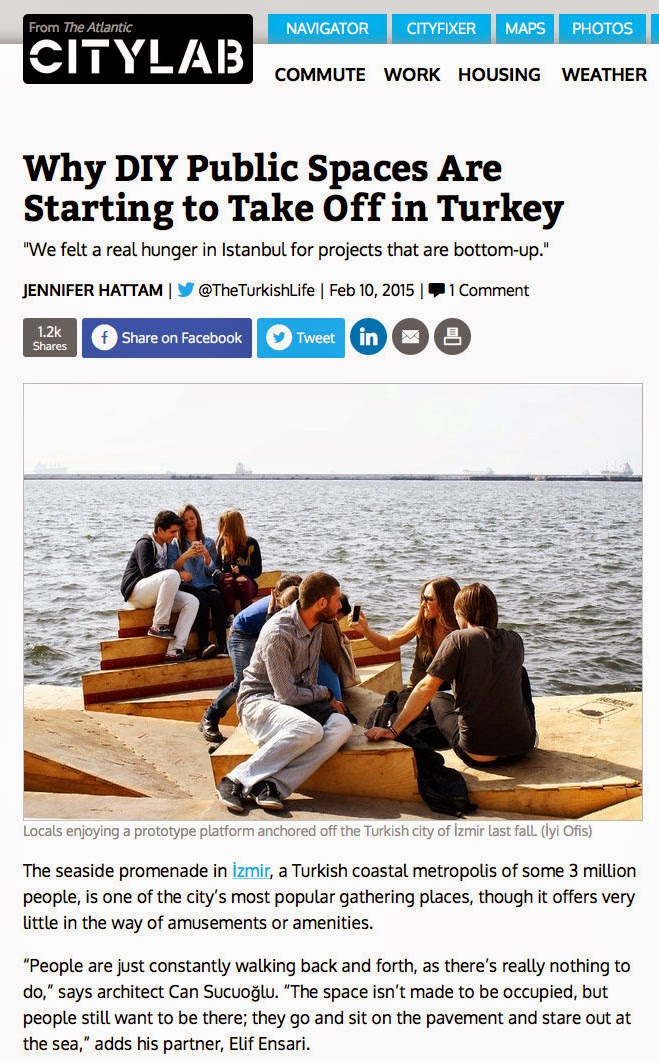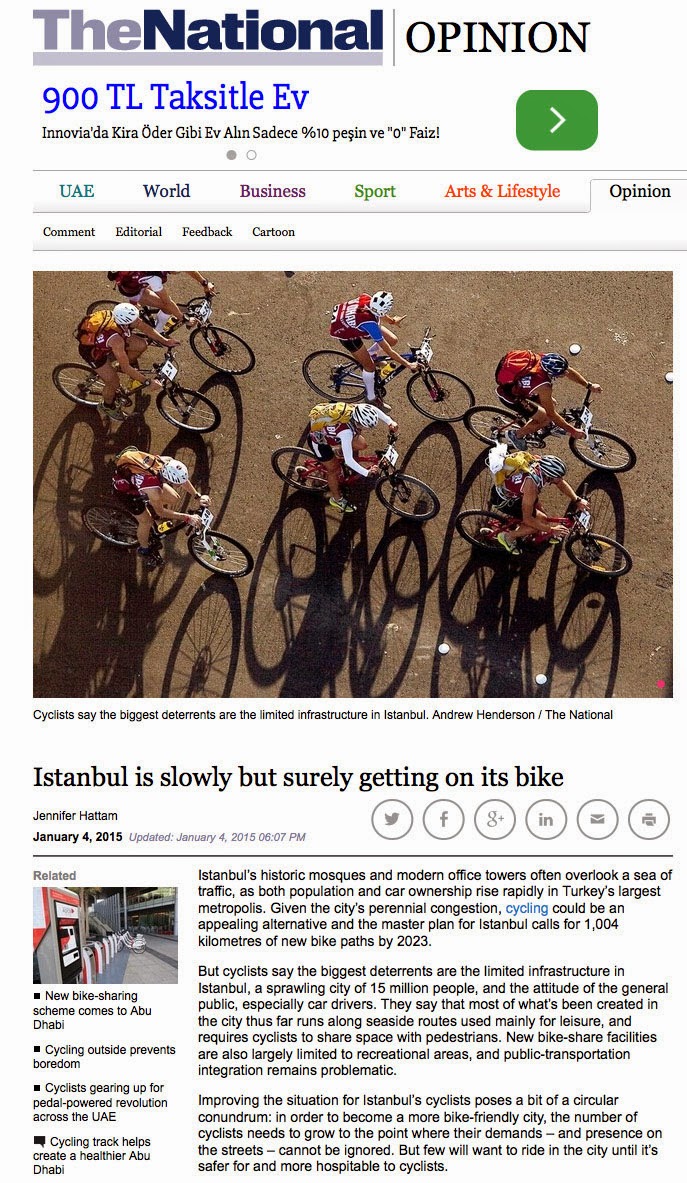Solidarity amid strife in Turkey

It wasn’t long after the blasts tore through the crowd that the urgent cries began going out on Twitter and Facebook: “O-, O+ and A- blood needed at Numune, Hacettepe and İbni Sina hospitals!” Next came the photographs of papers tacked to walls: lists of the names of the injured, shared online to get the word out to their family and friends. As night fell after Turkey’s deadliest-ever terrorist attack, a dual suicide bombing targeting a peace rally organised by trade unions in the capital city of Ankara, the calls for help continued... The killing of 103 people in the Ankara bombings of 10 October sent many in Turkey, myself included, into deep mourning. One of the few things bringing some comfort was seeing the solidarity and resilience of people coming together to protest the deaths and help those wounded in the attack and the families of those who perished. This is a difficult moment, however, for Turkey's grassroots, which while revitalized in some ways by the Ge...

